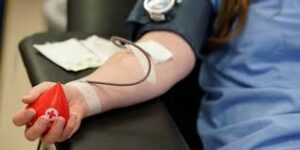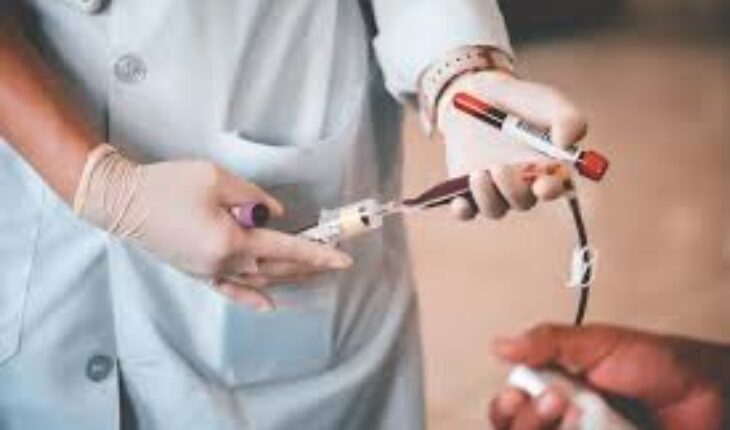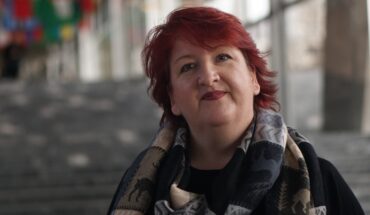-SATISH HANDA
Large numbers of patients unable to afford the cost or availability of blood at right time die for want of blood during a major surgery or required by a female due to heavy bleeding at the time of delivery since blood available through middle men is very expensive. The existence of professional blood donors in and around the hospital is no longer a secret. Surprisingly, over 1.25 lakh unit blood is collected annually by volunteer and social welfare organisations through blood donation camps in the country. Information reveals, there are more than 1018 registered blood banks in the country, besides several others functioning illegally making supplies through brokers mushrooming inside or outside government and private hospitals to meet immediate need of blood. According to information, there are hardly few blood banks recognized by the Central Health Department suspecting that many times blood donated at the blood collection centres organised by social welfare organisations is suspected misused and sold unethically through so-called middlemen.

Seema Trikha, BJP MLA Badkhal constituency in Faridabad district also handling charge of Medical Education Society after a thorough survey told that there is no record available with State Health Department as regard blood being collected through frequent blood donation camps organised by social welfare organizations and quantity used remain unchecked. She said, during COVID-19 outbreak in Haryana state most of government as well as private hospitals remained closed, there were limited number of delivery cases and surgeries conducted in most of the hospitals in this period, the graph of road accidents too dropped due to limited traffic on roads during this period, which clearly indicated that sale and purchase of blood collected in blood donation camps was misused.
Expressing deep concern, Seema Trikha raised question over neither keeping a record of blood collected through blood camps organized by volunteer organizations nor its use by the district health department demanding that all such records should be forwarded to the district health department with all blood transactions routed through CMO of the district enabling to have curb over illegal practices. When asked to officers of the health department they failed to make any satisfactory reply in this regard. She suggested, district health department should keep track on the collection as well as use of blood through volunteer organisations. She further disclosed that on an average nearly1000 unit blood is collected through donors every month in a district and supplied nearly 200 unit blood for patients suffering from Thalassemia, nearly 50 units used for delivery cases in female wards, nearly 50 units used for treatment of patients in accident cases in emergency ward and district health department is required to keep record of balance quantity of 700 unit blood to avoid its black marketing by middlemen.
Dr Kuldeep Singh CMO Ambala told that the testing of blood for HIV, Hepatitis B, VDRL and Malaria is mandatory for all blood banks before releasing it for transfusion and the professional blood banks are usually negligent in this respect and of times blood procured from professional donors has been found carrying serious diseases like tuberculosis, asthma, AIDS, skin diseases and other venereal diseases. In February 1986 Supreme Court of India ruled that all blood banks should be licensed within two years, but the orders were not complied with and in most of cases blood donors come in the guise of relatives or colleagues of the patient and enquiries to check the genuineness is not possible in many cases, doctors said.
According to a senior doctor requested anonymity said that ‘we are aware of this problem which is common nationwide, but nothing has been done so far and nothing is likely to happen in future since the problem is deep rooted and the offenders are aces at bending rules and family members of a patients on death bed may go to any extent to save the life of the patients.





